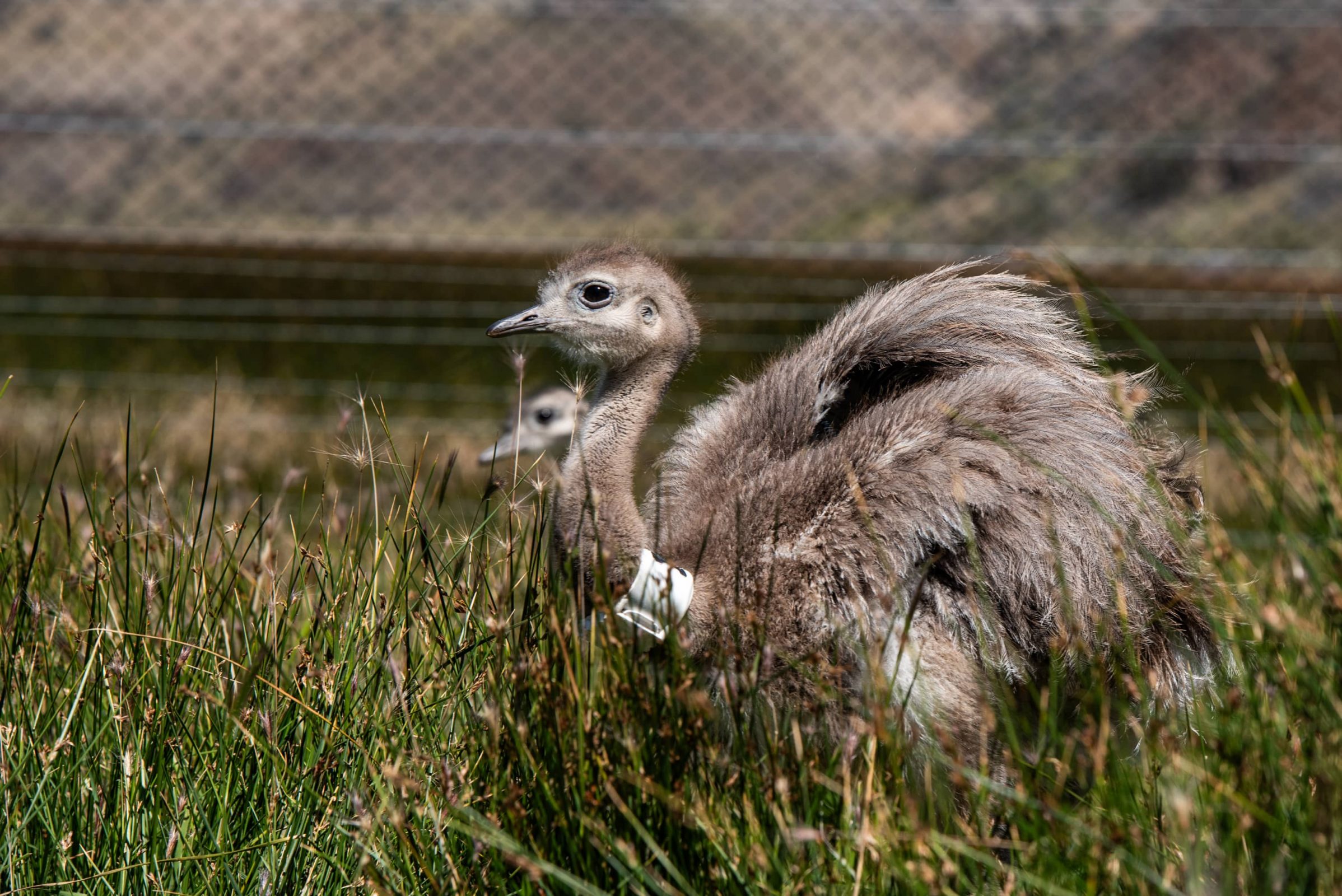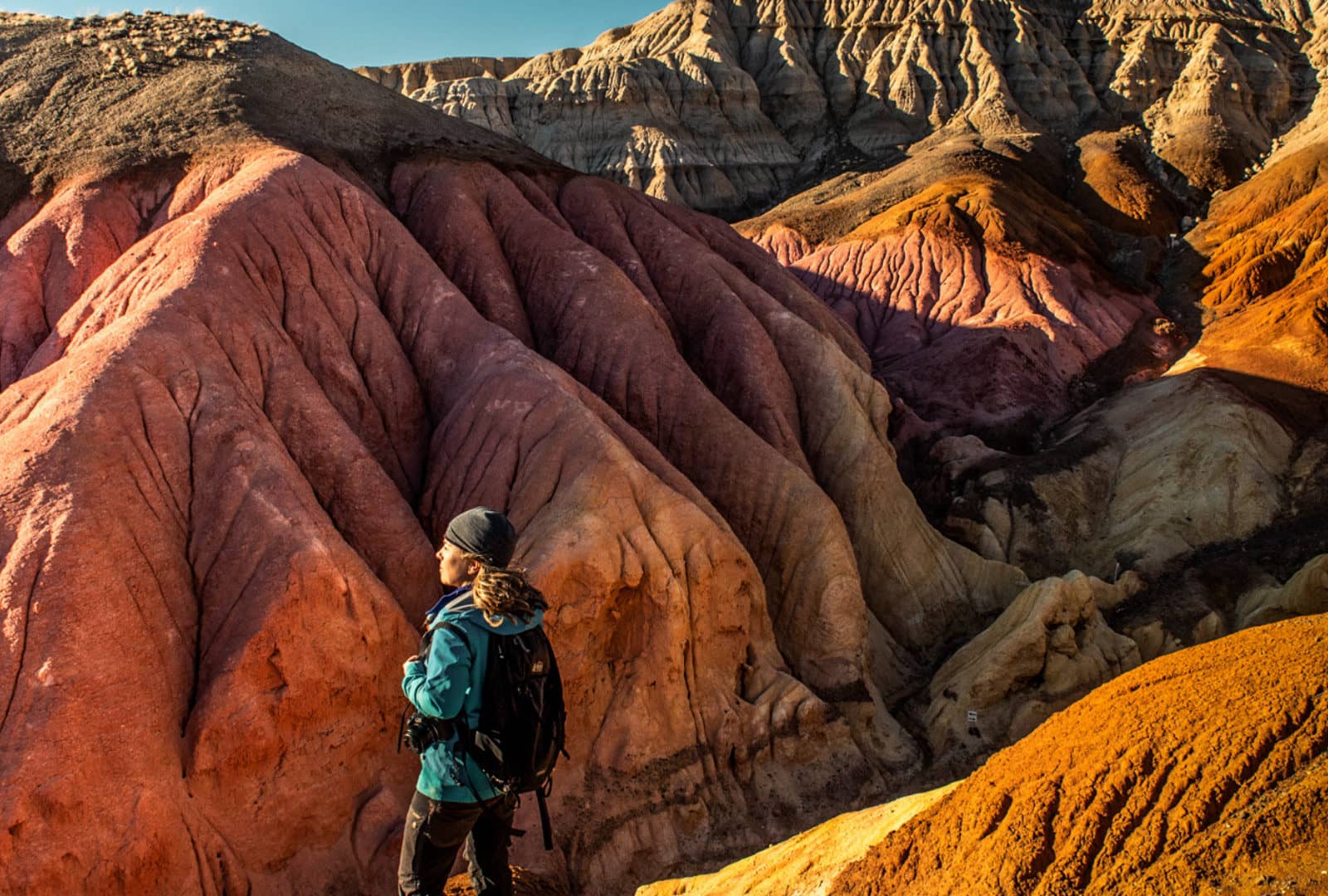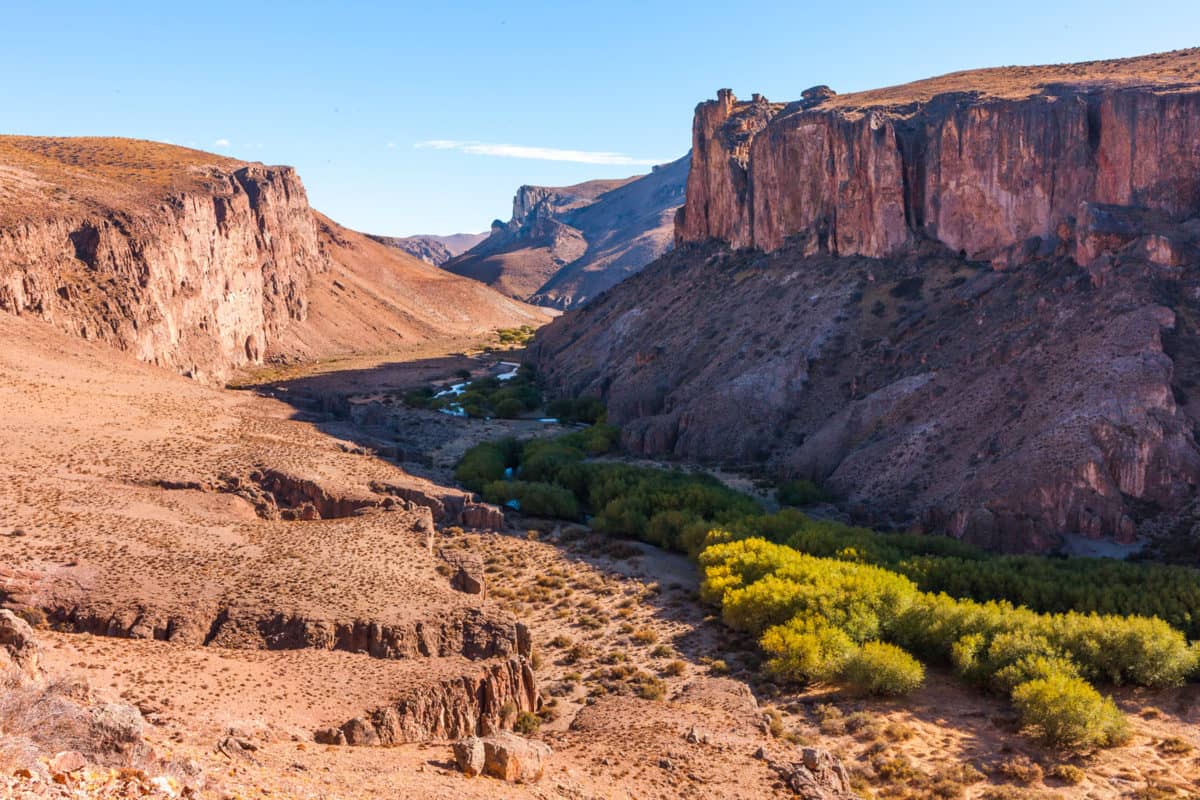Crossing Borders for Conservation: Restoring Darwin’s Rheas Across Patagonia

Rewilding is crossing borders – literally – as an international effort brings hope to a vulnerable species. In a historic transboundary operation, 15 wild Darwin’s rheas embarked on a carefully orchestrated journey from Patagonia Park in Argentina’s Santa Cruz province to their new home in Patagonia National Park in Chile’s Aysén region.
This pioneering project, the first international translocation of a wild species in Latin America, united top conservation organizations – including Rewilding Argentina, Rewilding Chile, Tompkins Conservation, and Freyja – in a mission to restore populations of these essential birds to Chile while supporting the health of grassland ecosystems across the region.
Known locally as choiques in Argentina and ñandúes in Chile, these flightless birds are essential to the health of the Patagonian steppe, acting as seed dispersers and promoting vegetation renewal. While populations remain stable in parts of Patagonia, rheas in Chile’s Aysén region have become locally endangered and are nearing extinction due to more than a century of overgrazing, hunting, and nest destruction. Their disappearance has contributed to the degradation of Chilean grasslands in the region – underscoring the vital need for this species’ repopulation.
The translocation effort involved capturing and relocating rheas from a thriving population in Patagonia Park, Argentina – a vital stronghold for wildlife in the region. Years of restoration have revitalized the Argentine park’s landscape, fostering a healthy ecosystem and a rhea population resilient enough to support translocation without compromising the park’s ecological balance.
At Freyja, we are proud to have played a key role in making this translocation effort possible. Our long-standing support for Patagonia Park’s conservation program has contributed to the species’ recovery within the park, and now, the impact extends across the region. This milestone demonstrates how collaboration and rewilding can restore not only a species, but the ecological integrity and vibrance of the entire Patagonian steppe.

